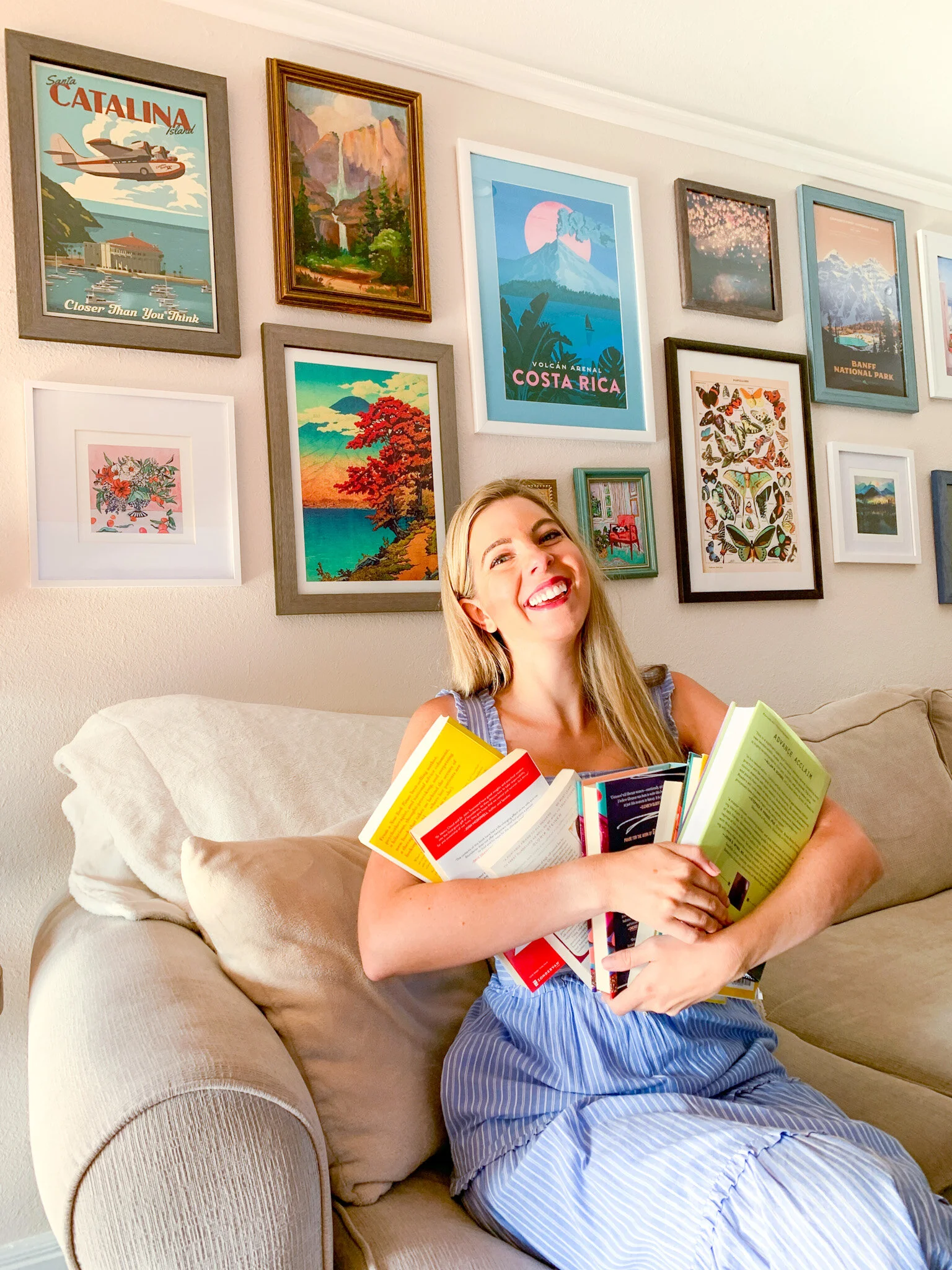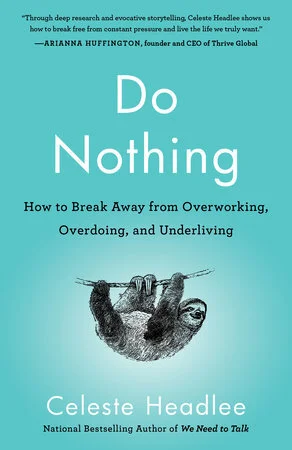The Brain Health Book Club
What was something you loved to do as a kid?
For me, it was reading. Whether it was Harry Potter (remember how excited people would get for the midnight launches?), The Golden Compass, The Princess Diaries or A Series of Unfortunate Events, there were so many books that I couldn’t wait to devour.
Then life happens.
We get so busy…but we also get so bored.
Yes, we’re running around constantly but we’re also scrolling constantly, too.
For as much content that we consume, how much are we actually taking in?
Width versus depth.
Social media covers such a wide width, getting smatterings of everyone’s somethings.
Books allow us to go deeper.
To really sink into someone’s thoughts. To go beyond an image or a 15-second reel.
And I kind of really love that.
I’m not sure I would have reconnected to my love for reading if it hadn’t have been for the book club that I was a part of (and still am) through the pandemic that I started with two dear friends.
We read everything from thrillers, memoirs, anti-racism reads, bestsellers, indies—you name it.
And it got me thinking…
Why not combine two great loves?
Reading and psychology.
Why not bring personal development and psychological insight to my community so that we’re able to have deeper conversations and really create some positive changes in our lives?
That’s what birthed the Brain Health book club.
Every month, I pick a new book for us to highlight and this month, we’ve chosen Do Nothing: How to Break Away from Overworking, Overdoing, and Underliving by Celeste Headlee.
This is the perfect read for the person who struggles to relax and just. can’t. stop. working.
We’ve been having incredible conversations in our community based on the text. Here’s just a few examples of some of the questions we’ve been chewing on:
Headlee writes that the workplace can actually feel less stressful than the home. Where do you feel most rested?
a. With the pandemic and having to stay home, how did this impact you this past year when we were required to work from home much of the time?
Some people wear the term “workaholic” like a badge of pride. How do you feel about the term?
a. What do you think when others use the term?
b. Do you use the term to describe yourself?
Headlee also recommends that we engage in random acts of kindness to break our obsession with efficiency. Try engaging in some random acts of kindness and share how it went.
Does this sound like something you’d want to be a part of?
We’d love to have you join!
And I have some seriously exciting news.
Celeste Headlee will be joining us for our Zoom call discussion on Wednesday, June 30th at 5:30 pm PST.
This will be your chance to ask the author any questions you may have (just be sure to submit your questions before Monday, June 28th!)
Here’s the link to get yourself signed up—you’ll be glad you did!



